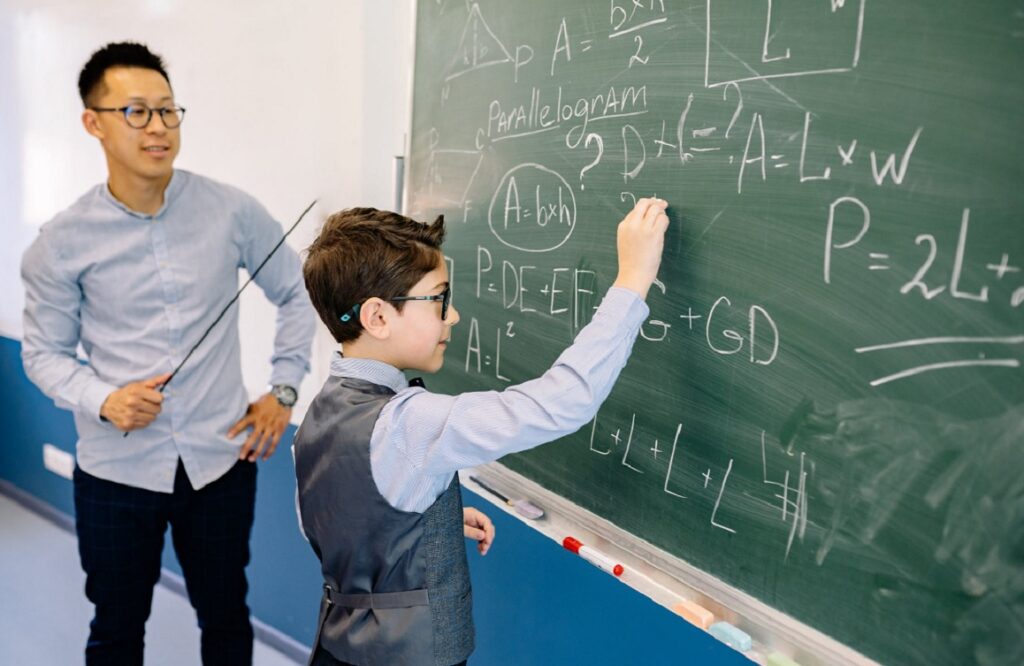April 19, 2023
SAN FRANCISCO, CA—Frustrated that mostly Asian and Caucasian students passed eighth-grade algebra, San Francisco Unified decided to delay algebra until ninth grade and placed average, low, and high-achieving students in the same classes back in 2015. The goal was to increase Black student access to higher-level courses.
However, racial inequities at the most advanced levels of high school math have remained essentially unchanged, according to an analysis done by a team of Stanford professors. “Large ethnoracial gaps in advanced math course-taking…did not change.”
The changes made by San Francisco Unified didn’t increase African-American students in AP math and Latino enrollment increased by 1 percentage point.
Sarah Schwartz in Education Week wrote that a proposed new California math framework still encourages other districts to copy San Francisco’s math reforms, despite making no difference in African-American success rates.
From 2015 to 2019, test data showed the racial achievement gap actually widened with 11-grader African-American students earning “appalling” scores on the state math test, “about the same as or lower than the typical fifth-grader” in the state, according to Education Next.
Many commentators in education forums stated that compared to Asian-American and Caucasian students, African-American math scores resembled “mental retardation.”
The school district tried to offset the math score disaster by dropping the end-of-course exam and then bragged about algebra failure rates dropping.
Families for San Francisco, a parent group, analyzed the data and discovered algebra failure rates dropped because there was no end-of-course exam.
“Families with resources turn to fee-required online Algebra 1 courses in eighth grade, outside the public school system, or enroll their kids in private schools,” the San Francisco Examiner wrote.
The district’s “Algebra for none” made it harder for Asian-American and Caucasians to succeed.
According to Joanne Jacobs from Thinking and Linking, families that can’t afford the fee-required online Algebra 1 courses outside the public school system will have to take a compression class that combines advanced algebra and pre-calculus or take a year of double math to get back on track for AP Calculus.
And get this, the San Francisco Examiner reports the school district will take credit for the student’s mathematical success they acquired outside of school as proof their policies work. Basically, a student who spent two summers studying math on the side and the $2,000 he/her family spent paying for those classes will be claimed as the school district’s success.
Feature Image via Pexels
